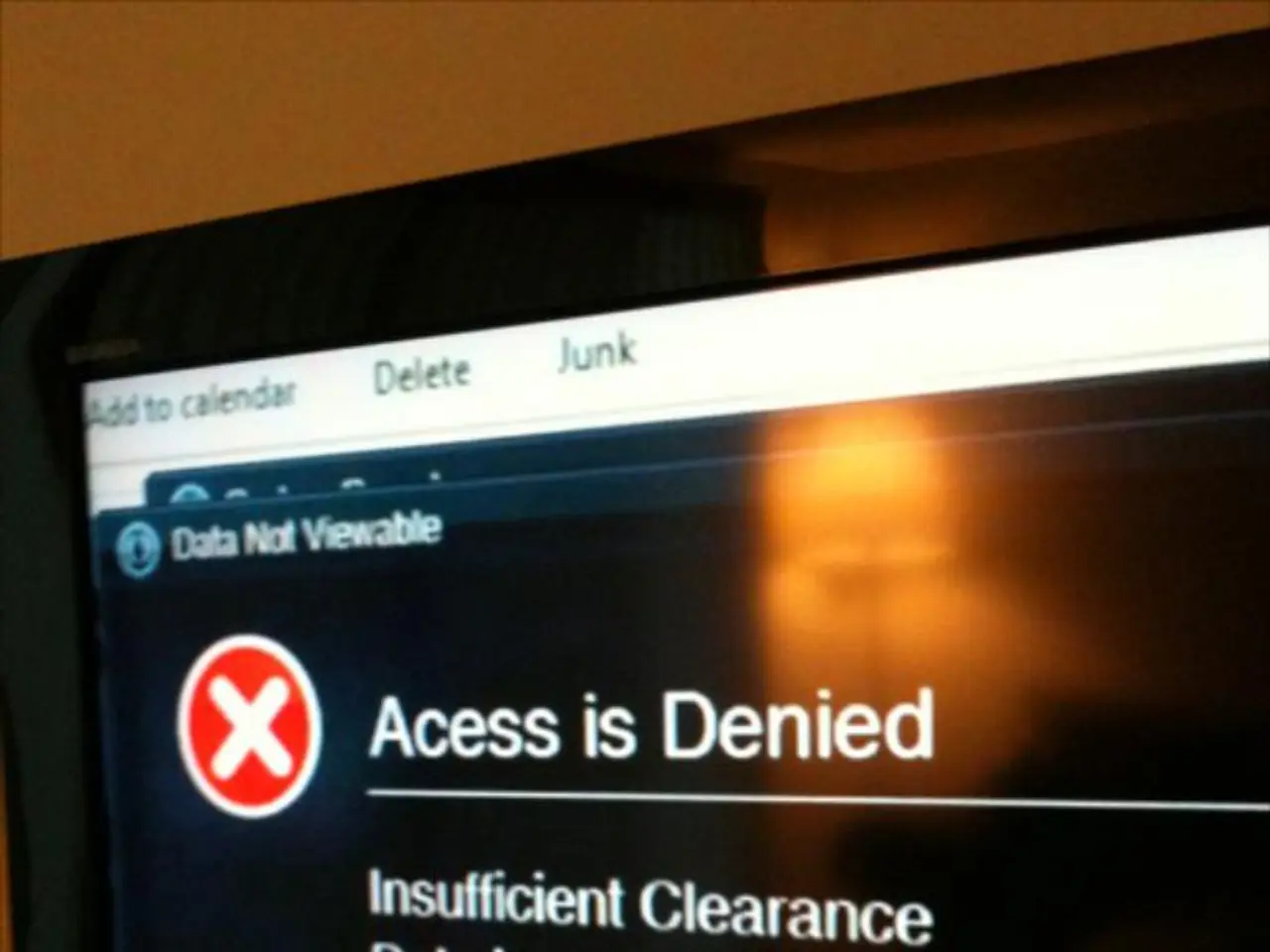Research reveals incentives prompt higher gambling expenditures among players
In an effort to safeguard vulnerable populations, the Irish government has introduced stringent regulations on gambling inducements under the Gambling Regulation Act 2024. These measures aim to minimise gambling harms, particularly for children, young people, and those prone to excessive or compulsive gambling behaviour.
Key regulatory measures under the Act include a ban on targeted inducements, restrictions on offers like free bets and bonuses, and obligations for licensees to ensure inducements are not misleading or overly encouraging gambling.
The ban on targeted inducements prohibits license holders from offering inducements that specifically target vulnerable groups or at-risk individuals. While there is no outright ban on free bets, the Act imposes limits to prevent these offers from encouraging excessive gambling. This includes measures aligned with findings that show these offers can coax people, including problem gamblers, into betting more.
Anne-Marie Caulfield, CEO of the Gambling Regulatory Authority of Ireland (GRAI), affirmed that the aim of these regulations is to prevent gambling from becoming a source or support to crime, minimise gambling harms, raise awareness of gambling risks and harms associated with inducements, and protect children and young people from exposure to harmful gambling advertising and promotions.
The GRAI, in collaboration with the Economic and Social Research Institute (ESRI) and the Department of Justice, commissioned a study on gambling behaviours. The study found that inducements reduced the number of participants opting not to bet by nearly half. Participants in the group offered inducements were three times more likely to spend money on "bad" bets with odds far below market rates.
Diarmaid Ó Ceallaigh, ESRI Research Officer, suggested that restrictions and regulations of inducements or offers should go beyond what's currently legislated, particularly in light of the risks associated with online gambling due to its constant availability. He noted a "huge growth" in online gambling over the last decade.
The study, which involved 622 men under 40 given money to place up to six realistic bets on the Euro 2024 football tournament, found that half of the participants were offered inducements, leading them to spend 10% more than those who were not offered inducements.
Paul Quinn, GRAI Chairperson, welcomed the research and emphasised the importance of a clear evidence base for regulating the gambling industry. Anne-Marie Caulfield expressed concerns about public knowledge regarding inducements to bet, highlighting the responsibility of gambling operators to protect vulnerable people.
Under the Gambling Regulation Act 2024, inducements or encouragements to gamble further will soon be an offence for licensed operators. The regulations on gambling inducements under the Act are designed to reduce gambling harms and protect vulnerable individuals from excessive or compulsive gambling by limiting the appeal and impact of promotional offers.
Casinos and gambling operators will be prohibited from offering inducements that specifically target vulnerable groups or at-risk individuals, as part of the stringent regulations under the Gambling Regulation Act 2024. While there may not be an outright ban on free bets, the Act imposes restrictions to prevent these offers from encouraging excessive gambling, particularly for those prone to excessive or compulsive gambling behavior.




